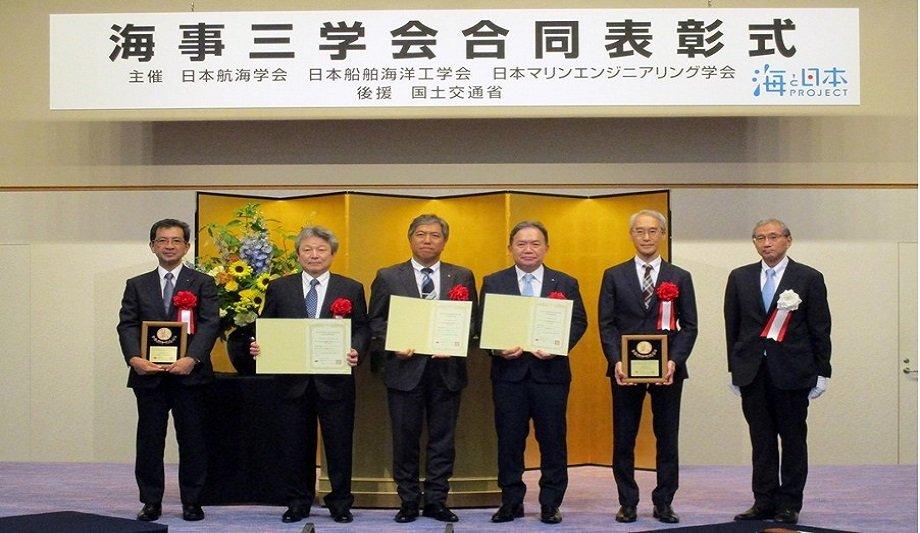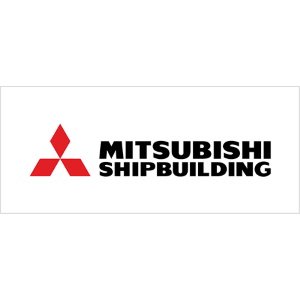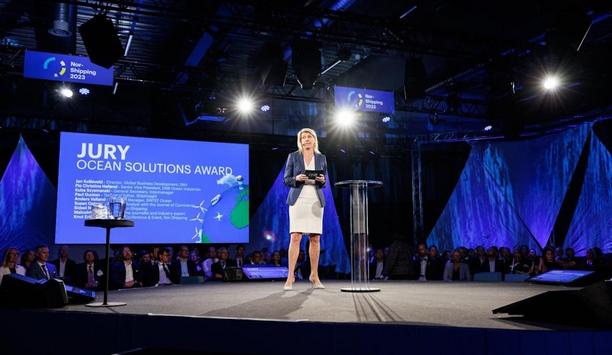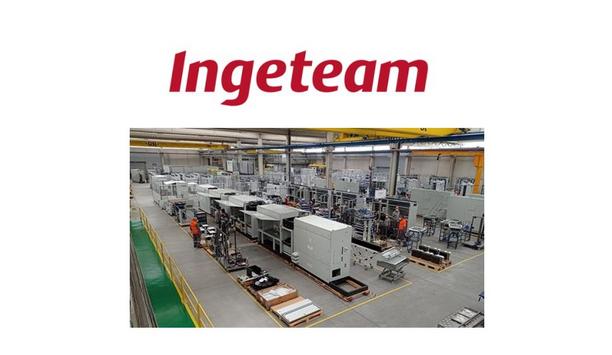“Carbon Capture on the Ocean” (CC-Ocean) project was conducted in cooperation with Mitsubishi Shipbuilding Co., Ltd., a part of Mitsubishi Heavy Industries (MHI) Group, Kawasaki Kisen Kaisha, Ltd. (“K” Line) and Nippon Kaiji Kyokai (ClassNK) has received the “Marine Engineering of the Year 2021 (Doko Memorial Award)” from the Japan Institute of Marine Engineering (JIME).
The award was received in recognition of the world’s first marine-based CO2 capture system on an actual voyage to successfully separate and capture CO2 from flue gas, with the captured CO2 having a purity of greater than 99.9%, achieving performance in line with the plan. The award ceremony was held on July 22 at the Kaiun Club in Tokyo.
Innovativeness in marine engineering
This prize, awarded for outstanding technical achievements in the fields of marine engines and equipment, offshore instruments, and related marine engineering, aims to draw attention to the innovativeness and importance of these achievements both in Japan and around the world and support further advancement of associated scientific and industrial technologies.
The award-winning "CC-Ocean" project aims to capture CO2 at sea by converting an existing CO2 capture system for onshore power plants into a marine environment.
Demonstration testing
The amount, ratio, and purity of the captured CO2 were all in line with the plan, demonstrating the feasibility
The system was installed on board the CORONA UTILITY, a coal carrier for Tohoku Electric Power Co., Inc. operated by “K” Line, with demonstration testing conducted for approximately six months starting in August 2021.
The amount, ratio, and purity of the captured CO2 were all in line with the plan, demonstrating the feasibility of capturing CO2 from the flue gas of marine engine board ships, where operating conditions differ from those on land.
Marine future stream vision
As an integral part of MHI Group’s energy transition strategy, Mitsubishi Shipbuilding has established the MARINE FUTURE STREAM vision as a growth strategy, setting the goals of "a decarbonised marine world” through renewable energy and the carbon cycle, and “a safe and secure society” through autonomous operation and electrification, and working to generate and implement ideas for marine-related innovation.
Going forward, as a marine systems integrator, Mitsubishi Shipbuilding will continue to promote decarbonisation in the marine industry, focus on achieving carbon neutrality, and contribute to the reduction of environmental loads on a global scale.











